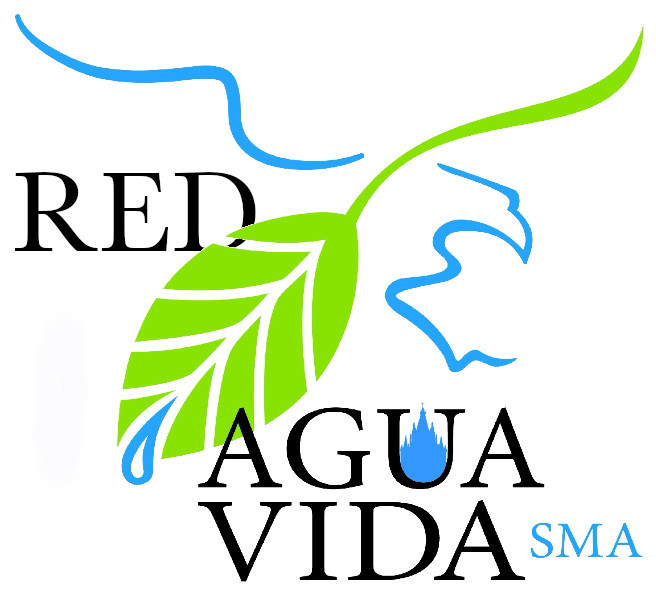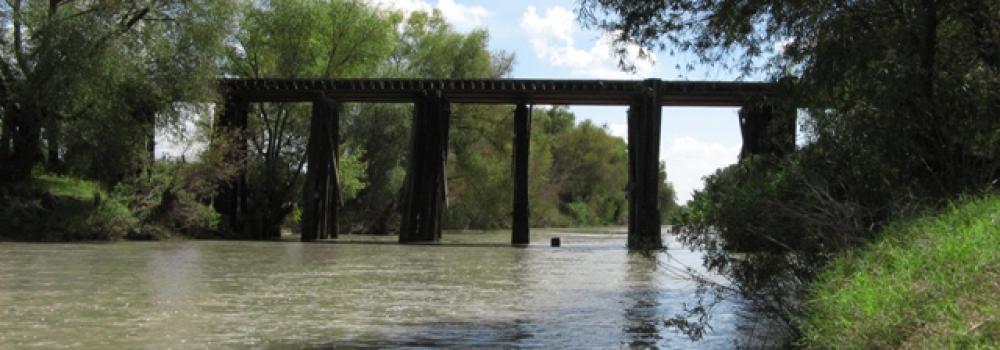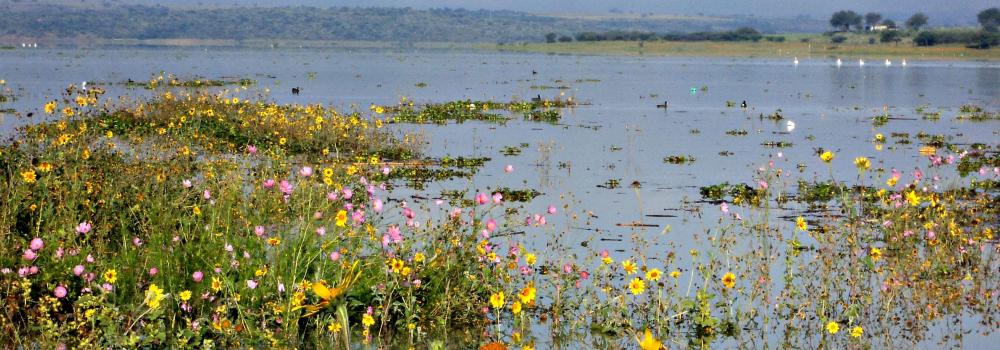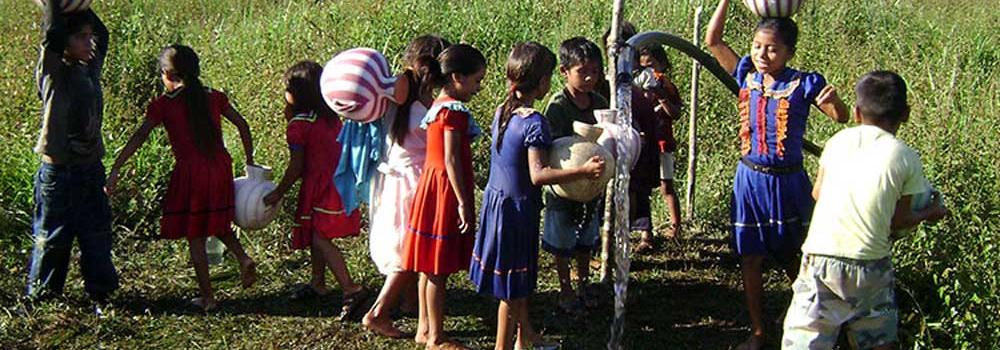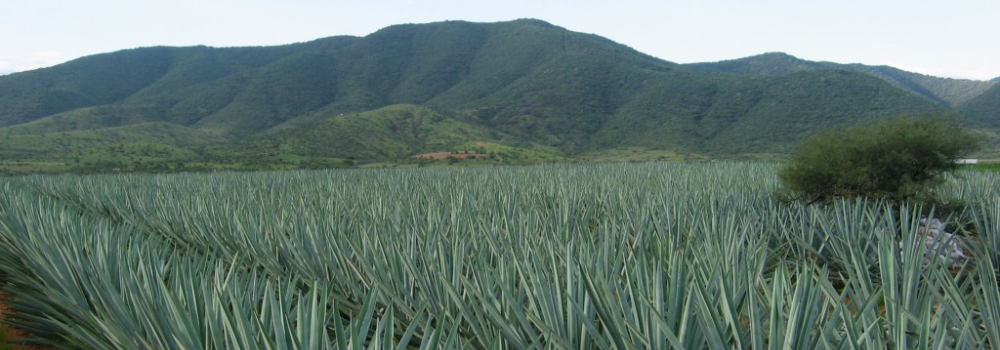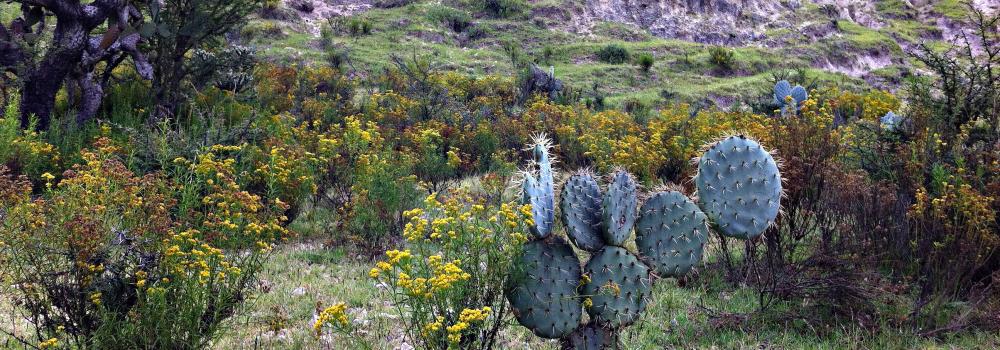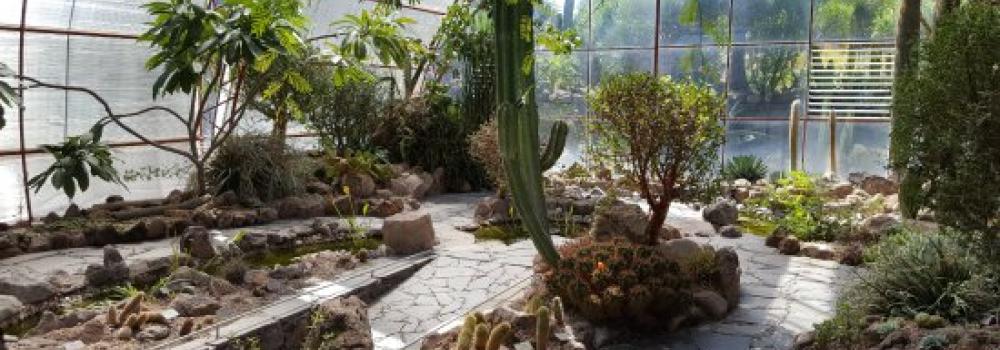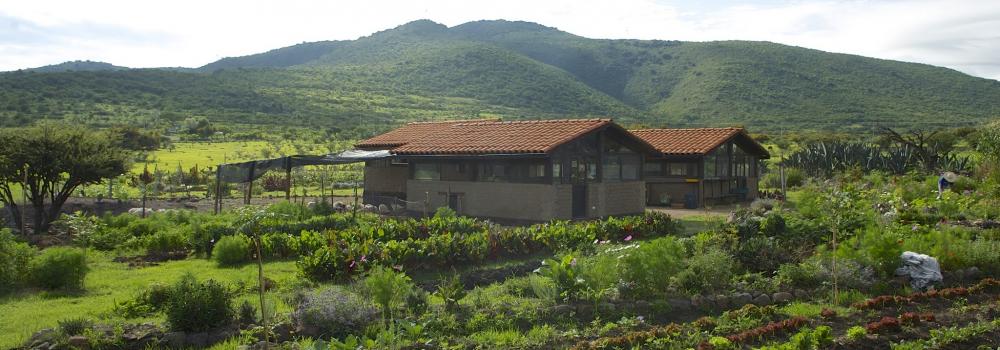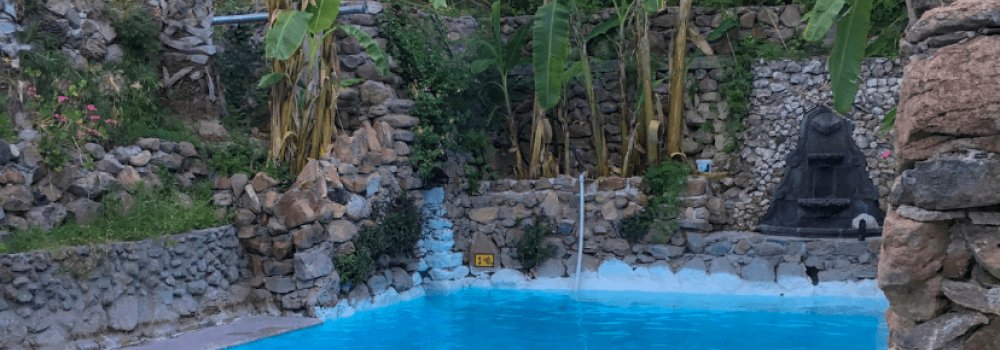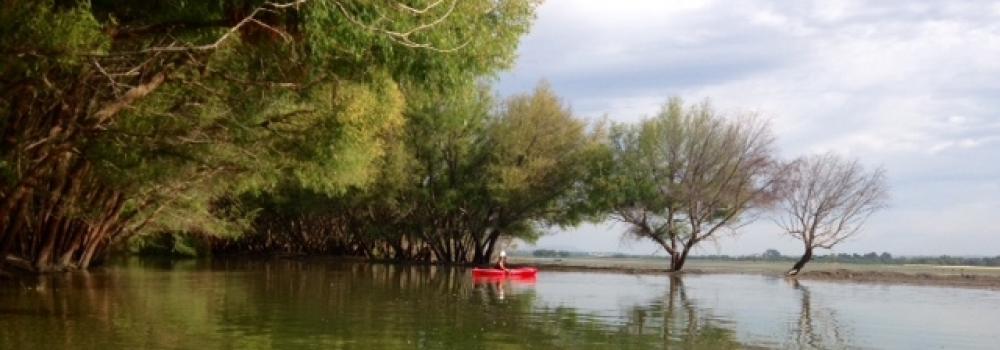We recognize that the quality of life and the future of San Miguel de Allende and its surrounding communities are threatened by unprecedented water challenges. The unsustainable over-extraction of our shared aquifer has resulted in a depleting water table, causing wells to dry up and the natural recharge of our rivers to all but disappear. The water that does remain is often contaminated with harmful, naturally-occuring minerals which cannot be removed by ordinary means – leading to a growing public health crisis.
In addition, pollution in our rivers and the Presa Allende is a growing health risk to humans and the survival of our wildlife populations. These issues, and their solutions, are only further complicated by climate change, urbanization, and other ecological challenges, such as deforestation and loss of biodiversity.
One of the root causes of this problem is large-scale agriculture, which uses 85% or more of our water supply to grow produce for export to the U.S. and other foreign markets – leading to a water table that is over-exploited by at least 30% and that continues to decline between 2-3 meters per year. This is a brutal over-extraction of our groundwater resources, which has led the World Resources Institute to label the region as being in “extreme water stress.” Industrial farming methods have also led to the degradation of the soil along with the inability of the soil to absorb water – thus disrupting the natural water cycle.
In urban areas, unsustainable development further taxes the water table and is likely a key factor in the increasingly high levels of arsenic that we are now registering in the city and surrounding areas.
The social and economic impacts directly related to this crisis are almost impossible to overstate.The complexity of the problem requires dialogue, information sharing and cooperation among all sectors of society for a transition to a more resilient San Miguel de Allende.
